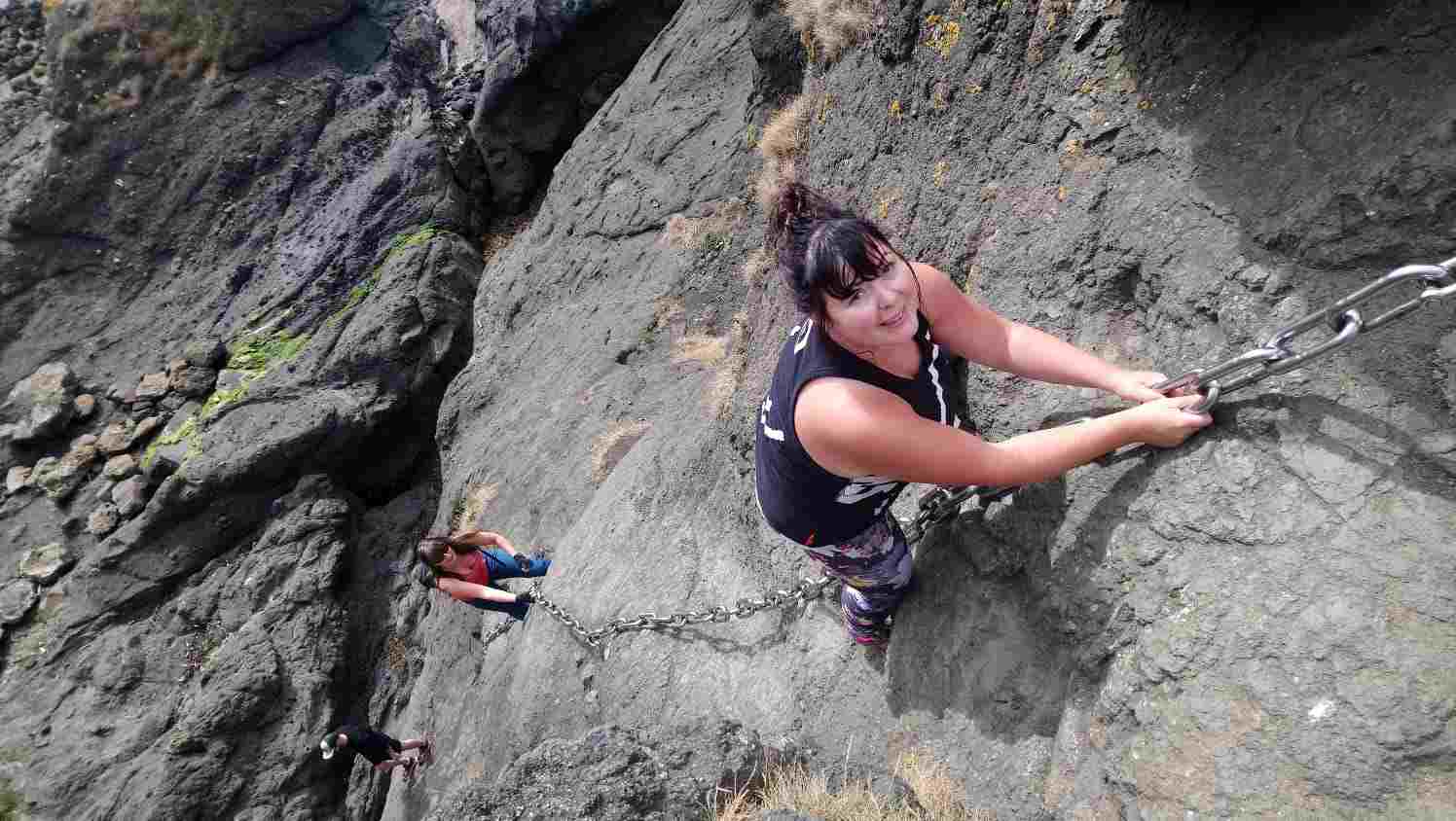Spotlight on: Dr Sharon King
Dr Sharon King is Manager of the Tayside Biorepository in Dundee. The Tayside Biorepository is part of a wider Scottish Biorepository Network supported by the Chief Scientist Office. Sharon has worked within a variety of translational based projects using human tissues, including PLK1 repression in breast cancer where she was awarded the Sir Alistair Currie Prize for her work. Here, she tells us about her current role, what she thinks are exciting developments in biobanking, and what she enjoys doing outside of work.
How and why did you get into Biobanking?
As I approached the end of my undergrad at the University of St Andrews in 2004 I had a decision to make. Either study in France for a year or start a PhD in molecular and cellular pathology at the University of Dundee. I chose the latter and have no regrets. I was really engaged with the NHS pathology department and have lasting memories of patient samples coming in to be dissected. Although I used kidney samples during my PhD I was fortunate enough to work as a Post-Doc Researcher on a number of fascinating projects that involved breast, ovarian and neuro tissues. In 2015, the opportunity came up for a manager to be appointed for the Tayside Biorepository and I jumped at the chance!

Can you tell us a little bit about your current role?
3 years in and don’t think I have had a job that has so many different moving parts to it!
Putting patients first, keeping researchers right and legal, governance oversight, working closely with all the Scottish Biorepository managers, NHS Research Scotland and R&D.
All good fun.
In a nutshell what is The Scottish Biorepository network?
The Scottish Biorepository Network has been established to try to bridge the gap within early stages of translational research. It provides a streamlined approach to providing access to de-identified samples and associated clinical data collected during routine patient care within NHS Scotland. Each of the biorepositories within Scotland have received accreditation to ensure that key aspects of using human tissue for research are adequately addressed. By acting as a coordinated network, both commercial and non-commercial researchers can access human tissue across Scotland with one approved application rather than several. It also increases scope to ensure that donated patient samples are used more widely across a variety of different projects.
What do you consider to be the most exciting developments in Biobanking at the moment?
Following the announcement of the successful Scottish HDR UK bid, the Scottish biorepository network have a fantastic opportunity ahead, to further solidify a platform that will allow us to move forward together. This grant will benefit us by enabling a common IT infrastructure allowing the biorepositories to provide an even more streamlined service. It will also provide more transparency for researchers as to the tissue available for research within Scotland. It will help us to build close relationships with our data safe havens across Scotland as we develop better ways to provide robust tissue annotation. The ability to link human tissue samples with data sets that we have not been able to access before will provide researchers with more opportunities, in particular for precision medicine.
What do you think is the biggest challenge of working in a network like this?
To be part of a successful network each individual component should recognise that they have great strengths but even more important is sometimes to recognise where we have weaknesses. By working together, sharing best practice and designing common policies we can really help to produce a stronger model. It can be challenging to make sure that everyone is in agreement; good leadership is often required to ensure that everyone is carried forward together.
What do you enjoy most about your job?
Knowing that we are facilitating excellent research and carrying out the wishes of the patients. Working as part of a fantastic team across Scotland that includes biorepositories, NHS Research Scotland and the medical schools. Being able to help shape the future requirements of human tissue and translational research.
What do you enjoy doing outside of work?
Good company and lots of good food so I have to exercise lots with British Military Fitness; lots of outdoor bootcamps, kayaking, mountain biking and martial arts.
Where in the world would you most like to visit?
Too many to choose from – but next on the list is Japan.
You can hear Dr Sharon King present at UK Biobanking Showcase this November!

